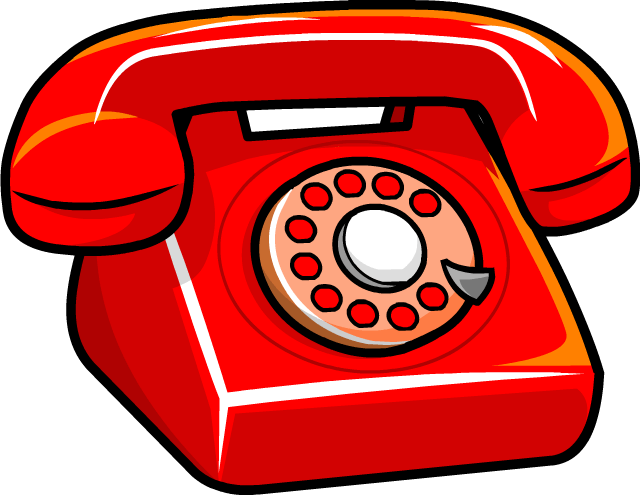
While the dishwasher is meant to keep the dishes clean, it also needs to be clean for it to function properly. The cool thing is that you don’t need to hire a dishwasher repair professional or any other expert to help you with the cleaning. To help you out, here are the steps to follow when you are looking to clean the dishwasher:
Step 1: Empty the appliance
Are there any dishes in the unit? You need to
remove them before you do anything. In addition to the dishes, you also should remove
the racks, blades, and any other thing that you can remove from the unit.
You should rinse off any attachments before you
return them to the dishwasher. When removing the gunk, remember to pay
attention to the dishwasher drain. Gunk in this area tends to impede drainage
which can lead to damage to the dishwasher.
Step 2: Clean the filter
Does your dishwasher have a filter at the bottom? Reach under it and check whether there are any items stuck down there. The most common materials that tend to get stuck are spoons and containers.
The point of doing this is to ensure that all
the lines are clear. If you don’t clean the drains, you might find yourself
standing in dirty water when it comes to the time of clean the lines.
Once you are done cleaning the filter, use a
piece of cloth and dish soap to clean the edge and outside of the door.
Step 3: Run a vinegar cycle
Once everything is running properly, you should
run a cycle of nothing but a cup of vinegar. All you need to do is to fill the
dishwasher with a cup of white vinegar and place it on the upper rack of the
empty dishwasher.
For years, vinegar has been used as a natural
cleaner and when you use it properly it takes care of problems: it eliminates
clogs and bad smells. It has been shown to get rid of grease lining the walls
of the previous dirty loads, get rid of any old detergent that might have
built-up, and even dissolve mineral deposits.
After placing the vinegar in the dishwasher, you
should close the door and run the dishwasher. Give it time and it will remove
all the grease and grime that might have been present.
If you can’t get access to vinegar, you can use
a package of unsweetened lemonade mix. The citric acid in the mix gives the
same results given by vinegar.
Step 4: Run a short rinse cycle with baking soda
After running the vinegar cycle, you should now run a short rinse cycle with baking soda. You need to sprinkle a cupful of baking soda at the bottom of the appliance then run it on a short hot-water cycle.
The purpose of doing this is to get rid of any
food smells that might not have been wiped out by vinegar. You should place a cup of baking soda in the
dishwasher the same way you did with vinegar. Once the cycle is done, you
should notice your dishwasher smelling much better. It also will have a much
brighter look.
Step 5: (Optional) Consider a cycle with bleach
You should consider running this cycle if your
dishwasher has been affected by mold. While vinegar will kill mildew, some of
the extreme cases will require you to use a harsher cleansing agent such as
bleach.
You should place a bowl filled with bleach at
the bottom of the basing then run the dishwasher on a full cycle.
Dishwasher maintenance tips
For you to have an easy time cleaning the
dishwasher, you should observe a number of tips. Some people have the notion
that by prewashing the dishes they make the work of the dishwasher easy, but
this isn’t the case.
For the detergent to do its work effectively, you need to have a certain amount of grease and food residue on the dishes. If you have to prewash the dishes, appliance repair Springfield professionals recommend that you avoid going overboard with it.
The dishwasher shares a drain with the kitchen
sink. If you have a garbage disposal, always run it before you wash the dishes.
This is to ensure that the drain is clear.




